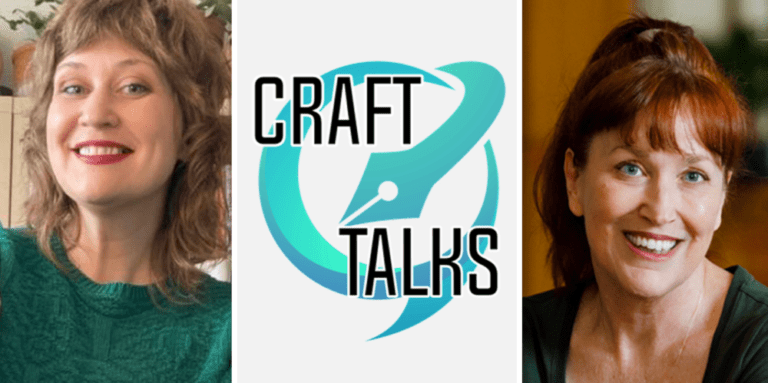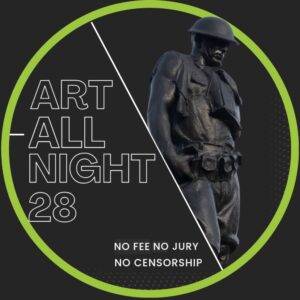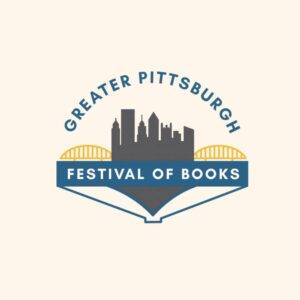CRAFT TALKS is an affordable online seminar series on writers and craft. Topics range from generative writing techniques to revision, publishing, and career-building.
More info Littsburgh caught up with Allison K Williams and Sharla Yates, who curate the series, to learn more…
What’s your background?
Allison K Williams is the author of SEVEN DRAFTS: SELF-EDIT LIKE A PRO FROM BLANK PAGE TO BOOK. She has coached and edited writers to deals with Penguin Random House, Knopf, Mantel, and many more. As leader of the Rebirth Your Book retreat series, she helps writers write around the world and online.
Sharla Yates worked for six years as the director of education at the Creative Nonfiction Foundation where she ran a weekly webinar series and an online writing program. She is also a writing instructor and multi-genre writer who has first-hand experience with the questions, frustrations, and hallelujah-elations! of the writer’s vocation. She co-hosts The Writers Bridge with Allison.
Why did you start CRAFT TALKS?
Writing is a craft that can be learned, and to do it well – should be practiced. Often writers feel like they’re left to learn and practice alone, and not everyone has the privilege of time and funding to enroll in an MFA program. Feedback from writer friends is great but doesn’t replace specific writing tools and techniques. We thought, wouldn’t it be great to reach across that divide and provide writing instruction that is accessible, affordable, and transformative?
CRAFT TALKS began with a simple idea: hour-ish-long seminars taught by excellent writers, teachers, publishers, and editors delving into topics about writing craft and the writing life. From the feedback we’ve received from attendees, the results so far have been rewarding. Writers are gaining practical advice, inspiration, and a sense of belonging to a greater community–for a really reasonable price!
Who should come?
CRAFT TALKS is for creative writers, period. No matter your genre or where you are in your journey, our hope is that everyone who attends builds their writer toolkit, finds a new way of looking at the work, and feels empowered to achieve their aspirations. We’ve all heard that writing is a lonely endeavor, but from our experience, it doesn’t have to be.
How’s it work?
Most webinars are Wednesdays at 2 PM Eastern, and last 60-90 minutes on Zoom. We always include a live Q&A. Everyone who registers gets a replay, whether you want to watch again to get more out of the experience, or just can’t make it live, and you’re welcome to download the video and any supplemental materials to keep as long as you want. There are also opportunities to meet other like-minded writers, with a lively and active chat during most events.
Do writers get feedback on their work?
One of the biggest challenges in a writing workshop is getting feedback that covers a wide range of things to revise in the next draft. It’s overwhelming! And personal editing is expensive. CRAFT TALKS events each focus on a specific element of writing craft or publishing, in a short time, that the writer can immediately apply to their work-in-progress.
Long-term, we’re likely to add workshops and smaller classes with direct instructor feedback, and the chance to interact with other writers. Writers, we’d love to know what you’re looking for!
Who do you have on the schedule?
Our teachers have included Patrice Gopo, Roohi Choudhry, Grace Talusan, Beth Kephart, Clinton Crockett Peters, Heather Sellers, Jane Friedman, Lise Funderburg, Jaswinder Bolina, Peter Mountford, Brenda Miller, and we have many more ahead. To be the first to know about events and opportunities, join us at www.CRAFT-TALKS.com.
Got a favorite writing tip?
Sharla: I encourage writers to read a lot of narratives and always with a pen in hand. Beyond underlining evocative words and phrases, have a conversation with the text. Guess what will happen next in the story and identify why you think so. I have found no better way to absorb narrative structures.
Allison: I love immediate takeaways! Go through your work-in-progress and look for sentences that summarize the details in the rest of the paragraph. For example, “The throne room was magnificent. Gold leaf covered the walls and the marble floors were polished to a shine.” We often include these summary sentences in our early drafts, because they serve as markers for what we mean to write. In later drafts, skip introducing your details, and let them stand alone.


























